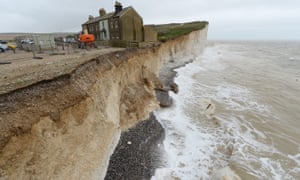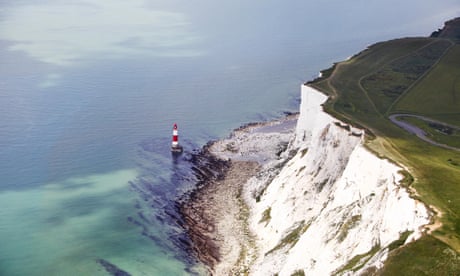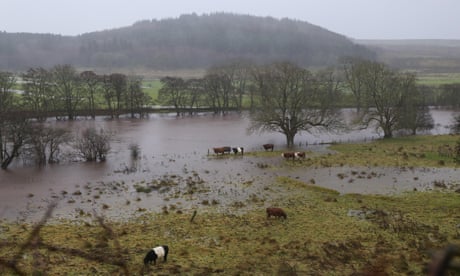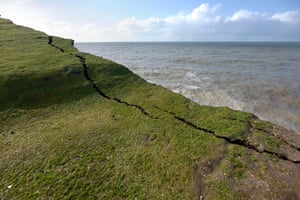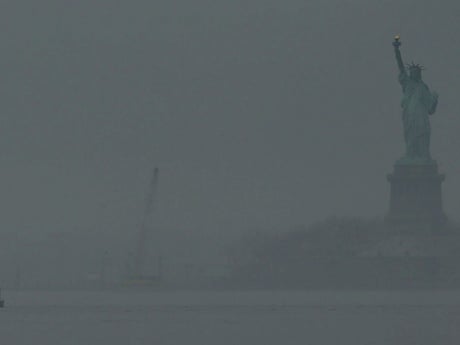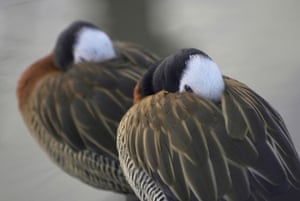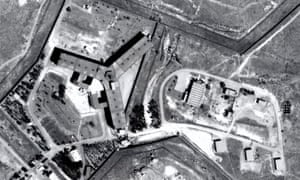Katibu Tawala Mkoa wa Iringa, Wamoja Ayubu akizungumza na wajumbe wa kamati za shule kutoka shule za serikali wakati akifunga mafunzo ya kuzijengea uwezo kamati za shule yafanyika kimkoa katika Kata ya Makungu, Wilaya ya Mufindi, mkoani Iringa jana. (Picha na Friday Simbaya)
Katibu Tawala Mkoa wa Iringa, Wamoja Ayubu akifuatilia risala kutoka kaimu afisa elimu taaluma (msingi) wa wilaya ya mufindi, Onesmo Kikoti (hayupo pichani) kabla ya kufunga mafunzo ya kuzijengea uwezo kamati za shule yafanyika kimkoa katika Kata ya Makungu, Wilaya ya Mufindi, mkoani Iringa jana. (Picha na Friday Simbaya)
Kaimu Ofisa Elimu Mkoa wa Iringa, Nasibu Mengele (kulia) akitoa utambulisho kwa wajumbe wa kamati za shule kutoka shule za serikali wakati wa ufungaji wa mafunzo ya kuzijengea uwezo kamati hizo yaliyofanyika kimkoa katika Kata ya Makungu, Wilaya ya Mufindi, mkoani Iringa jana. Kulia kwake ni Katibu Tawala Mkoa wa Iringa, Wamoja Ayubu, Afisa Elimu ya Wazima- Mufindi, Faustine Mhapa, Afisa Mtendaji wa kata ya Makungu, Markus Makweta na Afisa Habari wa Mkoa Dennis Gondwe. (Picha na Friday Simbaya)
Kaimu Afisa Elimu Taaluma (msingi) Wilaya ya Mufindi, mkoani Iringa, akitoa utangulizi kwa Katibu Tawala Mkoa wa Iringa, Wamoja kabla ya kufunga mafunzo ya kuzijengea uwezo kamati za shule yafanyika kimkoa katika Kata ya Makungu, Wilaya ya Mufindi, mkoani Iringa jana. (Picha na Friday Simbaya)
Na Friday Simbaya, Mufindi
Maendeleo ya Taifa lolote yanategemea kwa kiasi kikubwa ubora wa elimu ya watu wake.
Mahitaji ya utoaji elimu bora na usimamizi unahitaji uwajibikaji wa karibu kutoka ngazi ya taifa, mkoa, halmashauri na serikali ya kijiji/mtaa.
Hayo yalisema jana na Katibu Tawala Mkoa wa Iringa (RAS), Wamoja Ayubu wakati akifunga mafunzo ya wajumbe wa kamati za shule kimkoa katika Kata ya Makungu wilayani Mufindi, mkoani Iringa.
Mafunzo kwa wajumbe wa kamati za shule za msingi za serikali hayo yalianza tarehe 13/01/2017 katika Mkoa wa Iringa na kumalizika jana tarehe 07/02/2017.
RAS aliwataka wajumbe wa kamati hizo kusimamia kikamilifu shughuli zote za maendeleo ya shule za msingi.
Alisema kuwa kamati za shule ni chombo cha usimamizi, uendeshaji na uongozi wa shule ambacho kinasimamia shughuli zote za shule kwa niaba ya wenye shule.
Alisema kuwa mafunzo hayo yamekuja wakati muafaka kwa sababu kumekuwa na changamoto nyingi katika sekta ya elimu, hasa katika uendeshaji wa shughuli za maendeleo shuleni.
RAS huyo pia alitumia fursa kuwapongeza kwa matokeo mazuri ya kidato cha nne mwaka 2016, kwa mkoa kushika nafasi ya pili (2) kitaifa.
“Haya ni mafanikio makubwa kwa sababu mwaka 2015 Mkoa wa Iringa ulishika nafasi ya tano (5) kitaifa,” alisema Ayubu.
Aliongeza kuwa lengo la kuundwa kwa kamati za shule ni kukuza dhana ya uongozi na ushirikishaji ili kuleta ufanisi katika uendeshaji wa shule kwa ujumla.
Naye, Kaimu Ofisa Elimu Mkoa wa Iringa, Nasibu Mengele alisema kuwa elimu msingi ni kiungo muhimu cha kuandaa wataalam mbalimbali ambacho mchango wa ni mkubwa katika kuendeleza uchumi, sayansi na teknolojia katika jamii na maisha bora kwa watanzania.
Alisema kuwa ili kufikia malengo tarajiwa ni vizuri wajumbe wa kamati za shule wakatambua masuala mbalimbali na kupata stadi mahiri za uongozi na usimamizi wa shule, ili ziweze kutoa elimu bora kwa watoto wote nchini.
“Kamati ya shule imepewa uwezo kisheria chini ya ibara ya 3 ya kifungu cha 39 cha Sheria ya Elimu Na. 25 ya mwaka 1978, na marekebisho yake ya mwaka 1995,” alisema Mengele.
Alisema kuwa kifungu hicho kinataka kuundwa kwa kamati ya shule kwa kila shule ya awali na msingi ambayo itakuwa na jukumu la kusimamia uendeshaji wa shule husika.
Mafunzo hayo kwa wajumbe wa kamati za shule za serikali walikuwa na mada kuu nne zilizotelewa kwao.
1. Uongozi,mundo wa majukumu ya kamati za shule.
2. Usimamizi wa sera na sheria za uendeshaji wa elimu.
3. Usimamizi wa rasilimali za shule.
4. Uandaji wa mpango wa jumla wa maendeleo ya shule.
Mafunzo hayo ambayo yalifanyika katika kila halmashauri yalihudhuriwa na jumla ya washiriki 5,750 (wanaume 3,470 na wanawake 2,280) kutoka shule zote za serikali zilizopo katika Mkoa wa Iringa.
Aidha, kwa Halmashauri ya Wilaya ya Mufindi, jumla ya washirika 1,792 walipaswa kushiriki (wanawake 701 na wanaume 1,091), lakini waliyofanyikiwa kushiriki mafunzo hayonni washiriki 1,642.
Mwisho



























